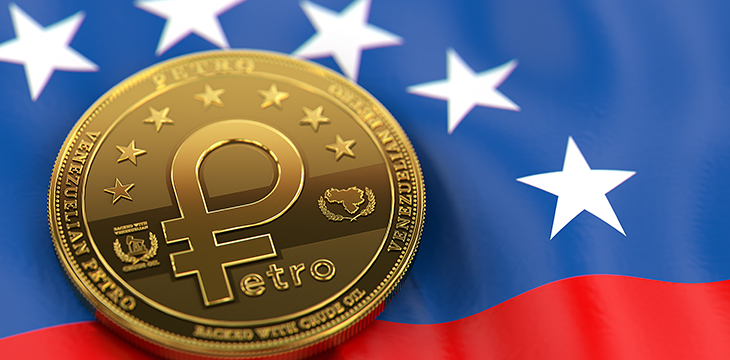|
Getting your Trinity Audio player ready...
|
Starting this week, residents in Venezuela can only use Petro—the state-backed cryptocurrency—to pay for their passport fees. This was the announcement made by Venezuela’s vice president, Delcy Rodriguez, last Oct. 5.
New passport applications will cost two Petros, or about 7,200 bolivars ($115), while an extension will cost one Petro. This might seem a reasonable amount to those in the European Union or in the United States, but 7,200 bolivars is about four times higher than the average monthly minimum wage in Venezuela.
For Venezuelans who are abroad, Rodriguez said their passports will cost $200 for issuance and $100 for extensions, El Universal reported.
The announcement comes a month ahead of Petro’s official launch date in November.
The Venezuelan government has made various changes since the beginning of this year, among them is introducing state cryptocurrency and changing the national currency. All these efforts are aimed at trying to redeem the country’s economy. Venezuela’s president, Nicolas Maduro, introduced the petro, which according to its whitepaper is supposed to be backed by the country’s oil reserves. Since its introduction, the Petro has faced many criticisms from different fronts.
Fran Strajnar, CEO and co-founder of data and research company Brave New Coin, opined, “It’s not a bad idea to kick-start adoption. In fact, it’s a nice contrast to other countries, where you cannot use crypto to pay for government services and taxes. However, we are yet to see adoption of this currency and we wonder how difficult it might be, for everyday citizens to procure the currency in the first place.”
President Maduro plans to have a public launch on November 5, 2018. Petro had its presale back in February.

 02-17-2026
02-17-2026 




